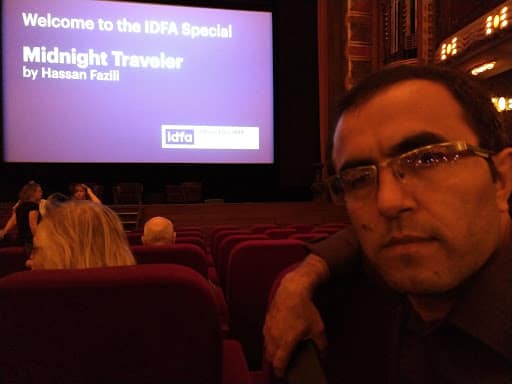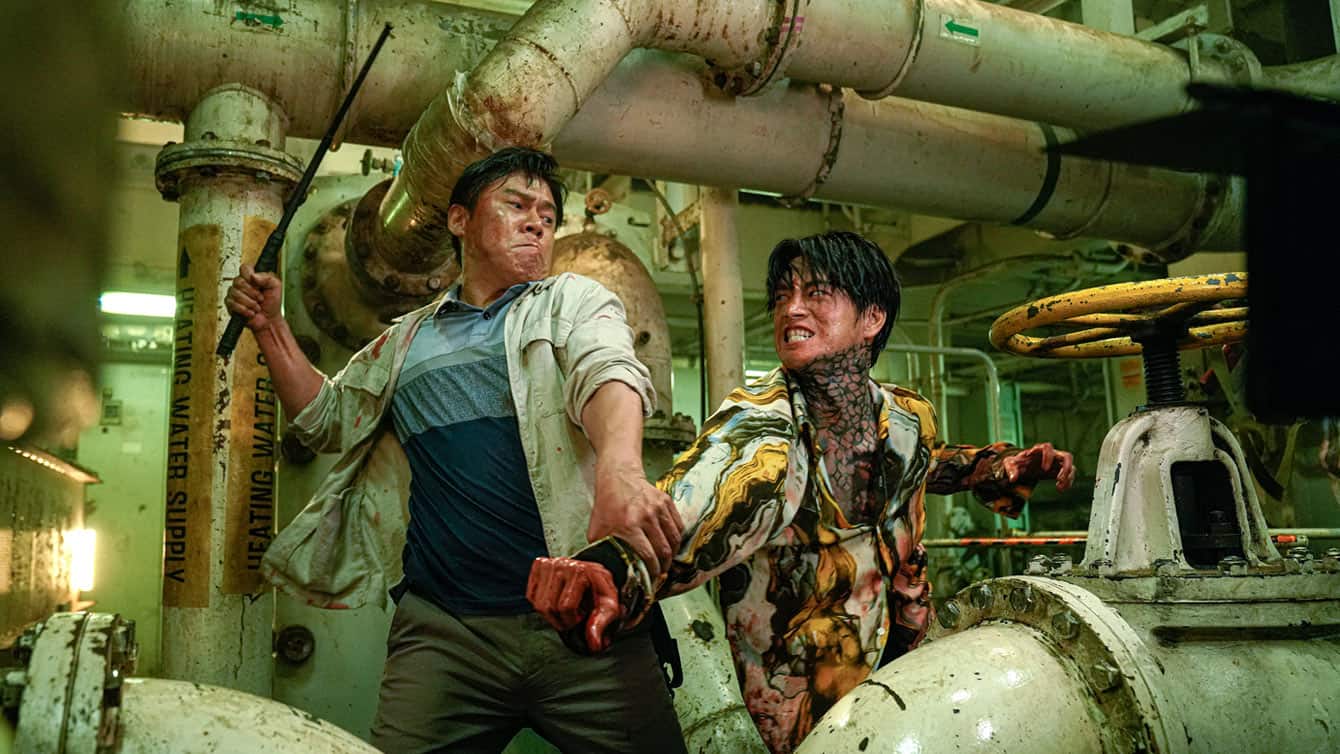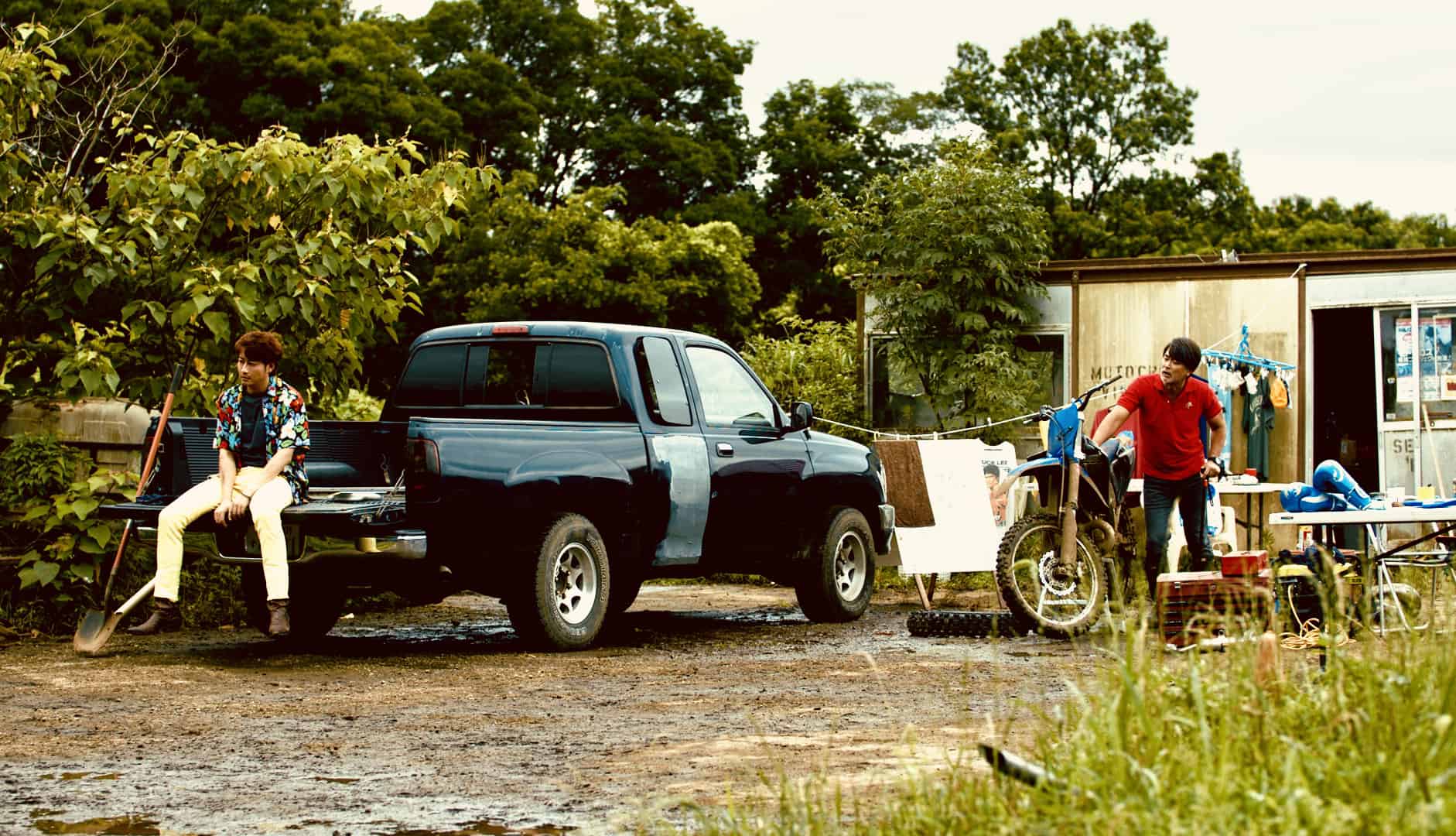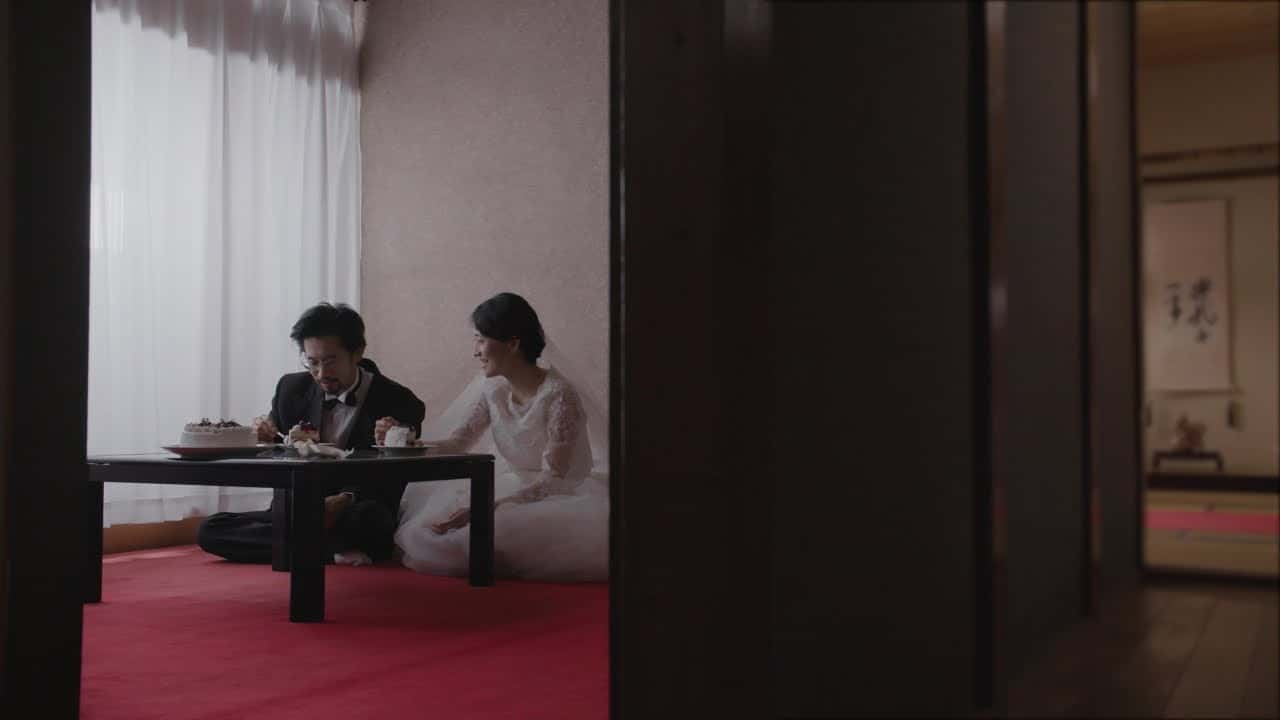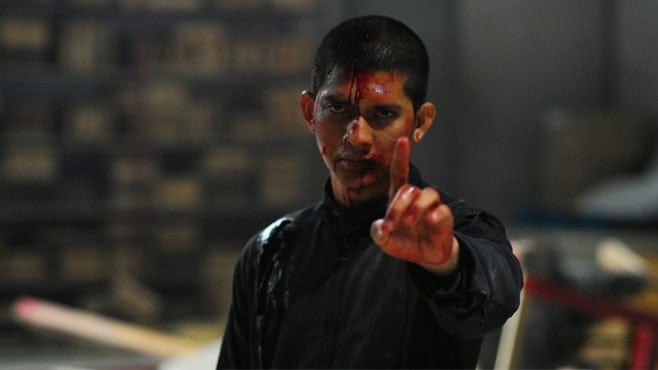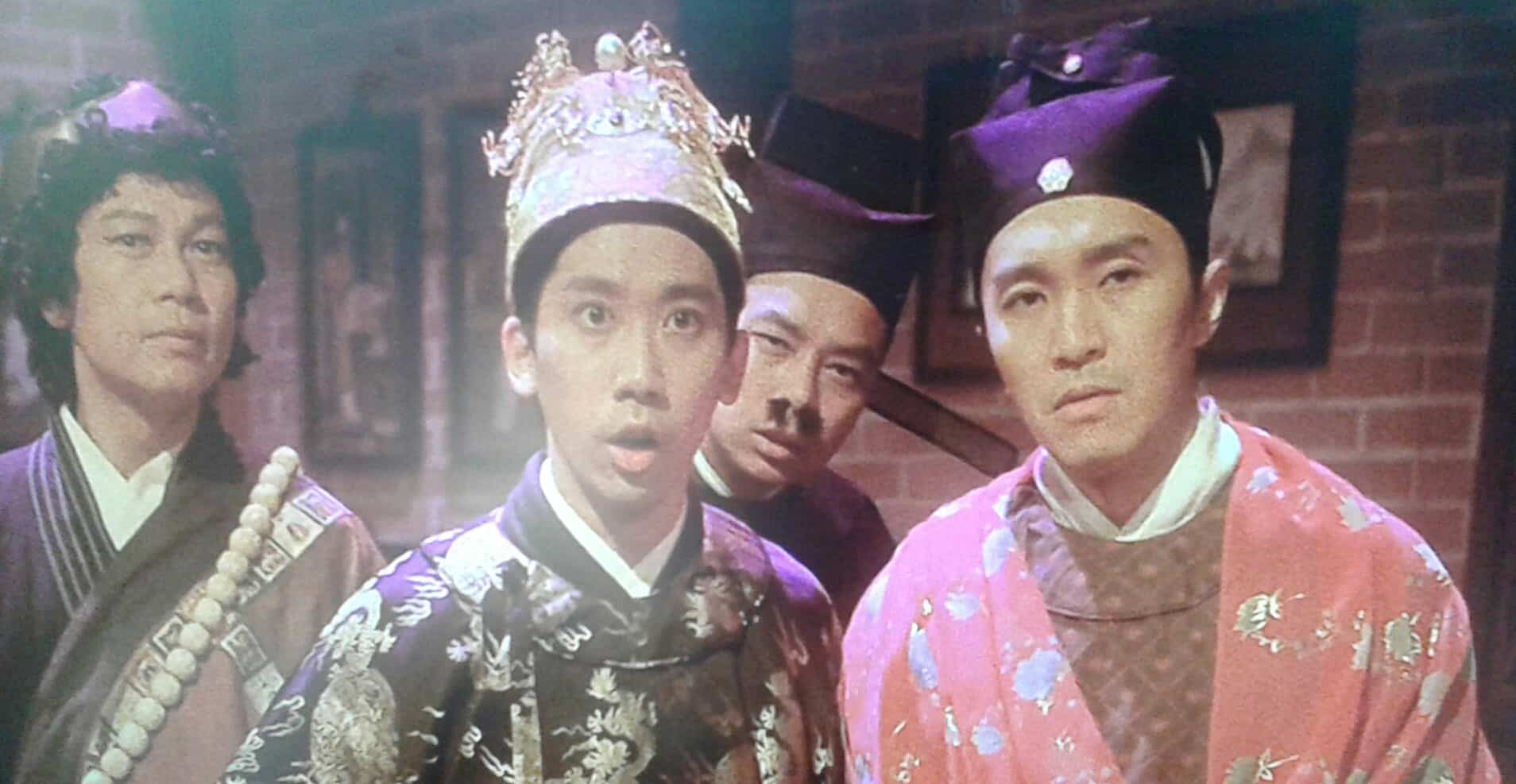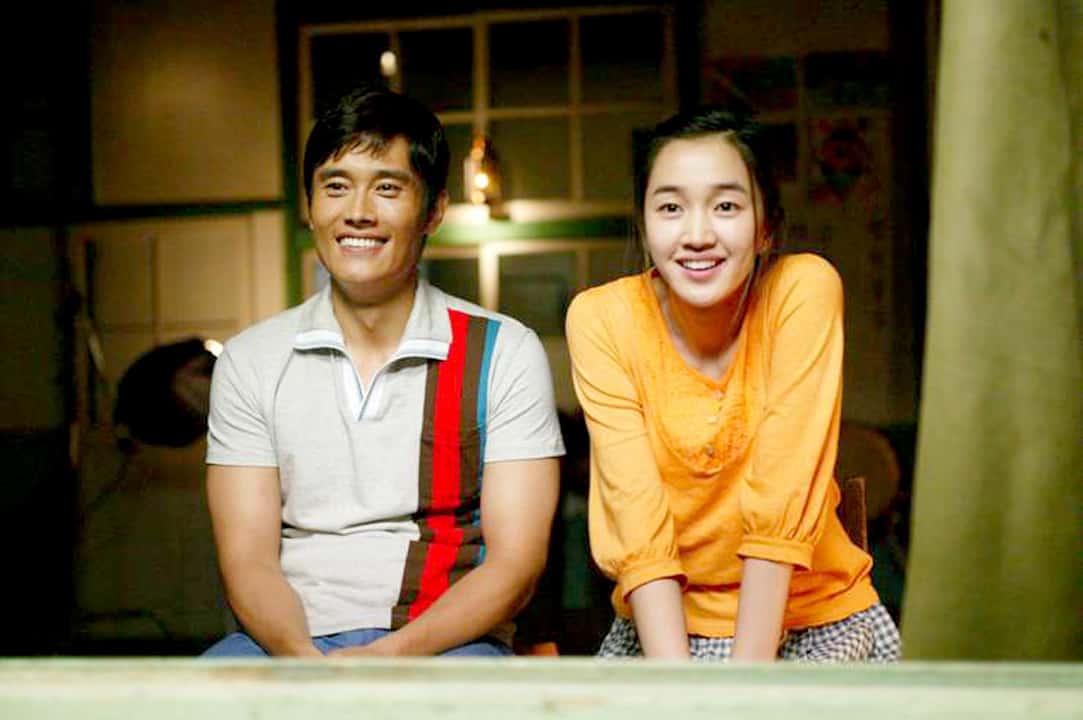Translated by Sayyed Ali Sharifi
Hassan Fazili is the director of “Midnight Traveler“, a film we included in the Best West Asian Films of 2020, and which was screened at Herat International Women's Film Festival. Instead of an intro, we have included the director's own words:
First I want to write a little about what happened before making this film so that you can know more about my living conditions and motivation for making this film: I was threatened by the Taliban for making a TV documentary called “Peace” and the cultural and artistic activities of the “Art Cafe” in Kabul, and I fled the country with my family to Tajikistan to survive.
In Tajikistan, I tried for more than a year to find a safe haven for my family, but I did not succeed. No country had accepted our asylum application and there was no legal way to save us from that situation. We had to either travel to Europe through smuggling or return to Afghanistan. In that situation, my return to Afghanistan meant being killed by the Taliban, and it was also very dangerous for us to go to Europe through smuggling.
I saw through the media that thousands of people before us had lost their lives in this way, and worst of all, we had to cross Afghanistan to go to Europe and we were not sure if we would survive. Like a leaf falling from a tree and the wind blowing that leaf in the air, my family and I felt like we were suspended between the earth and the sky, and the inhuman laws of immigration threw us everywhere. As a filmmaker, I found out that my family and I were in a situation where we inadvertently have become a good subject for documentary filmmaking.
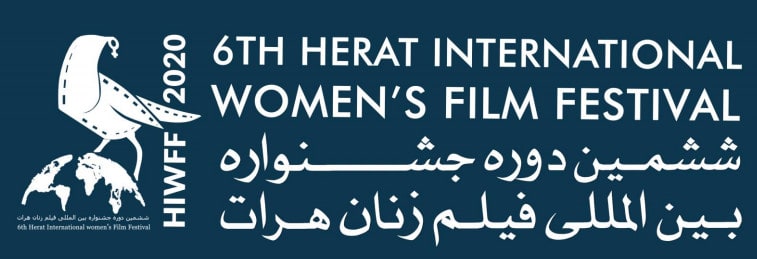
Can you give us some more details about how you managed to shoot the film? What was the most difficult part of shooting in these circumstances?
When I started making the film “Midnight traveler”, at first one of my colleagues said that he would help me make this film. But for about a year, he only archived the videos I sent him – from different countries – and did nothing else.
As you know, this movie was made with 3 mobile phones, but we did not have 3 mobile phones at the same time. Sometimes our mobile phones broke down and I did not have the money to repair my mobile phone or buy a new mobile phone. It happened several times during the making of the film that I had to spend the money I had saved for my family food on a mobile phone repair. Sometimes all our family of four had only one mobile phone, with the same one our daughters sometimes watched animated movies, sometimes listened to music and sometimes played mobile games, my wife was in touch with her mother via mobile phone; if we wanted to go somewhere, we used Google Maps with our mobile phones. Because my English was not good, we used the Google Translate Mobile app to talk to others, I downloaded and read pdf books on my mobile.
Most importantly, I was filming with my mobile phone to make the movie “Midnight Traveler”. It took a year, and we filmed in six Asian and European countries, until we were finally able to get the attention of our colleague (who archived our videos) as well as others into our life stories
Until then (the first year of filming) I was in charge of all the film production. I was both a director, a producer and an investor. All of our family members were the cameramen and the main characters of this film. But when our film found a sponsor, because we were immigrants and traveling through smuggling, I did not have residence documents and a fixed place and address, so I did not have the conditions to write a contract with the sponsors. And in order to make my film, I had to introduce other people, like the producer of this film
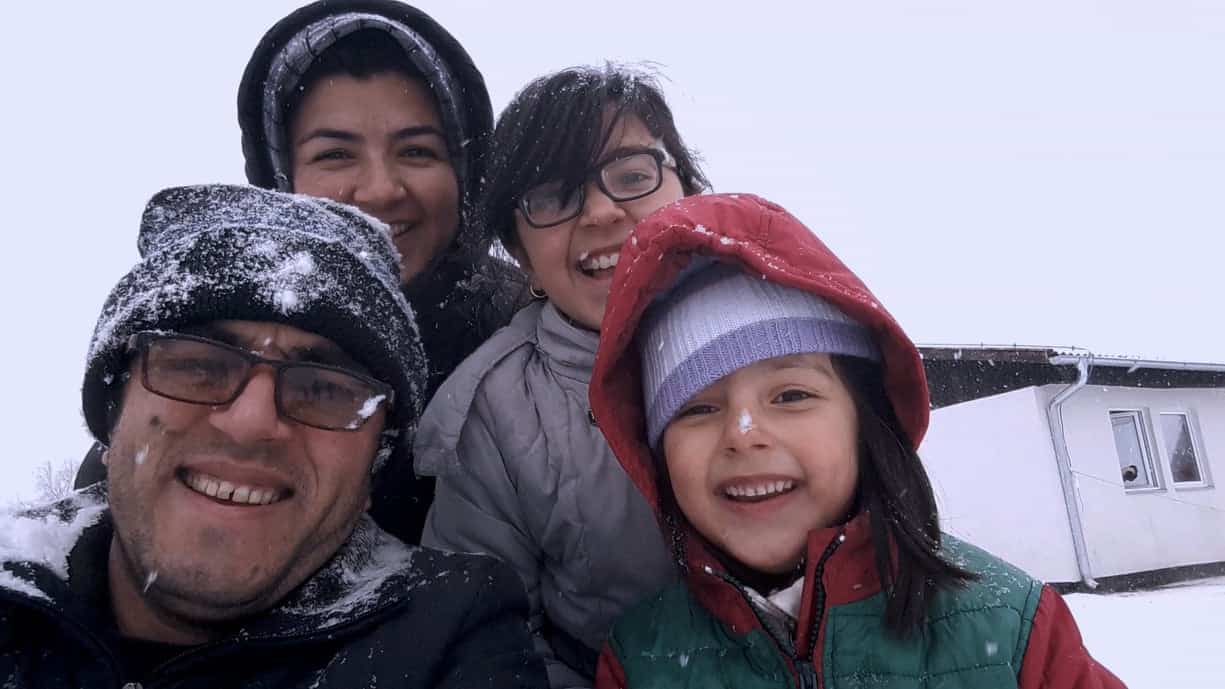
My family and I had a very difficult life during the making of this film and we gambled with our lives to make . We were in a situation where I sometimes thought we might not reach our destination alive. I tried my best to take the best pictures and send them to my colleague to archive so that even if we did not arrive alive, after our death, others would be able to use the videos, and our voices would not be silenced.
When filming, one of the hardest steps for me was sometimes getting stuck between the duties of a director, a father, a husband and a family man. The more problems my family had, and the more difficult our situation became, the more beautiful my images became. In some scenes, I both enjoyed taking pictures and, due to sadness, I was shedding tears behind the camera.Sometimes the whole family took refuge in me out of fear. In such a situation, I tried to show myself strong. But as human being, l did not know whom I should take refuge in.
I was ashamed of myself, I hated myself, I hated cinema, I wanted to break my cell phone and beat myself up. But this movie became like a member of our family. We all tried to make it and this movie kept us hopeful.
Watch This Title
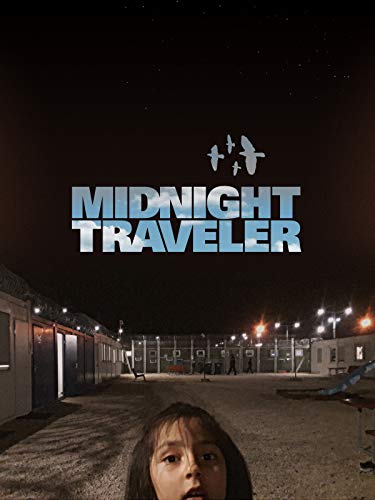
What is the asylum situation of the family now? How are the girls?
Our family is all good. These days we live in a small town in western Germany and we feel safe in Germany. My daughters go to school, my wife and I study German. But our city is small and there is no field for me to work, and we have not yet been able to achieve a normal life. I'm trying to move to a bigger city like Berlin so I can continue my film career. But unfortunately, the strict rules that exist for immigrants have made it very difficult for me to go to the big city.
The documentary shows a number of scenes, where, despite the situation, the members of the family laugh and enjoy themselves.Why did you choose this approach? Would you say that these moments were many during your path to Europe?
Human feelings and emotions were more important to me than the anti-human policies and laws of immigration, and I wanted my viewers to become acquainted with a part of the real life of immigrants. In real life, sometimes a person is afraid and anxious, sometimes he is depressed and hopeless, sometimes he is calm and happy, and he hopes for the future and strives to achieve his dreams.
As an immigrant filmmaker, I wanted to share details with viewers that were less covered. I wanted the viewers of the film to approach the joys, sorrows, feelings, emotions and aspirations of the immigrants and identify with us
I wanted the viewers to feel that they were with our family during the film, to laugh and cry with us, to be homeless with us. Immigrate, displace and wander with us and not be our only spectators.
How close to being lynched did you actually get in Bulgaria? In general, when did you feel more in danger for your lives? Was there a moment you started feeling even a small sense of security and calmness?
During our trip, we faced many threats, fears and worries, the most difficult of which was for me in Bulgaria.
We were taken hostage at the smugglers' house (on the outskirts of Sofia). The smugglers threatened me that either I pay them money or they will separate my family from me and take them somewhere else. I was in touch with one of my colleagues (who was in the US) via the Internet and I was able to write to him about our situation. I asked him for help, and I told my family that I was in contact with my colleague and he would find a solution and there was nothing to worry about. But my colleague was scared and did not know what to do and wrote to me that he had read in the news that traffickers raped women and girls and then killed them and sold their organs. I was shocked by what my colleague said and did not know what to do. My family was looking at me and I had to show myself strong. I was being destroyed from within, but I had to control myself and normalize the situation so that my family would not be afraid. In those circumstances, it occurred to me that my family should not know what was going on and I should keep them hopeful.
How did the children react to the whole shooting of the movie? Did they get comfortable with being shot eventually?
Fortunately, my daughters “Narges” and “Zahra” had acted in other films before “Midnight traveler” and were a little familiar with film and cinema. During our trip, Narges – our eldest daughter – sometimes began to take pictures when she was sad and homesick. Narges has taken some beautiful images of this film (images of the sky, birds, sunset, etc.).
For Zahra, the little girl, taking pictures was more like a game, and sometimes she took videos with her mobile phone to show us that she had grown up like Narges. Sometimes he competed with Narges and took videos so as not to look less important than Narges.
The situation with the Taliban in Afghanistan seems to worsen once more. Have you been following what is happening and what is your opinion on the situation there? Do you think you will be ever able to come back?
I was forced to flee Afghanistan in 2015, and now, unfortunately, the security situation in Afghanistan has worsened and the Taliban have gained more power. Sometimes I follow the news of Afghanistan through the media and some of my friends.
Some of Afghanistan's neighbors and some foreign governments support the Taliban. Unfortunately, the Afghan government – due to corruption and lack of management – also pays a ransom to the Taliban and thus supports this petrified and terrorist group. And it makes them stronger and more insecure.
I would love to return to Afghanistan, make films and live there. But as long as the Taliban are influential and growing stronger, it will be dangerous for me to go to Afghanistan. Many people and I are worried that if the Taliban take full power in Afghanistan, the human rights situation, the situation of women, the situation of education, the situation of art and culture, etc., will be destroyed.
Do you think you will shoot another movie eventually?
I am writing a screenplay these days. This is a feature film. I have finished the initial version of the script and I am rewriting it and I hope I can find the cost of making it and make my next film.


